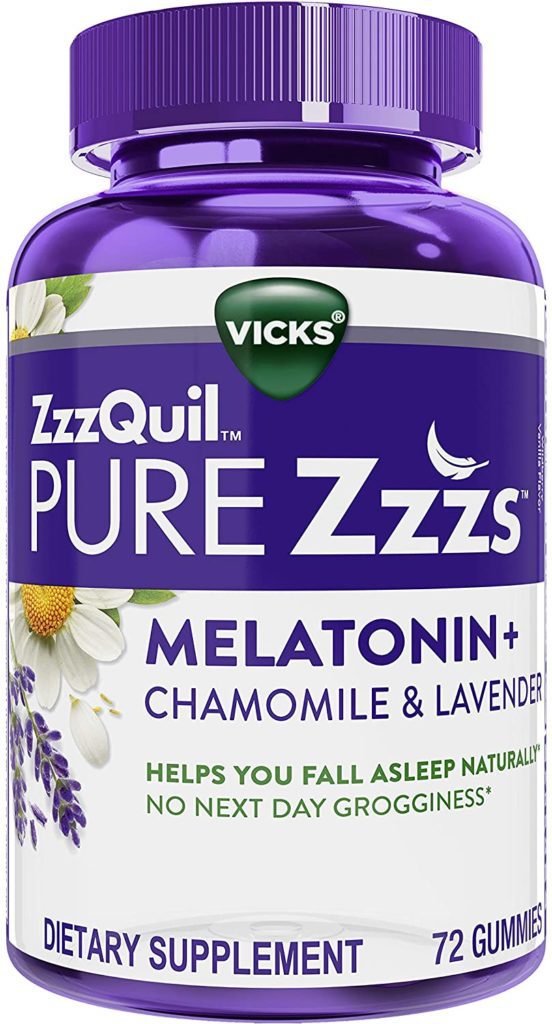The Science Behind Melatonin Supplements and Insomnia
[Please note that this page contains affiliate links. If you choose to purchase after clicking a link, I may receive a commission at no extra cost to you.]
You have most likely seen melatonin supplements at the local pharmacy or have taken them when your brain refuses to shut off at night. Melatonin is said to be a safe way to get a good night’s sleep, and today more people than ever are giving it a try.
Do these supplements work, though?
The following is the science of using a melatonin supplement as a sleep aid.
What is a Melatonin Supplement?
Melatonin is a naturally occurring hormone produced in the body to control your sleep cycle. When the sun starts to set, the darkness triggers the production of melatonin, which explains the tiredness you feel.
However, as you age, you begin to produce less and less melatonin, meaning you need less sleep.
How Safe is Melatonin?
Melatonin is a hormone; many researchers think it is a safe treatment for insomnia and other sleep disorders. However, the amount found within these supplements is often much higher than what your body can produce.
It does seem that short-term use is safe, although there are possible side effects like headaches or dizziness. It is also possible that supplements can cause issues by reacting to other medications, so it is best to talk to your doctor before you start taking a melatonin supplement.
There have been concerns about the purity of supplements. In addition, the absolute concentration is typically unknown in places like the United States, as melatonin is not regulated.
A study from 2017 discovered that out of 30 melatonin supplements, the actual content varied from 83% less to 478% more than what was listed on the label.
When to Utilize It
Melatonin works by changing your biological rhythm. They don’t make you more tired by provoking sleep, but it regulates the body when it starts to feel tired. Because of this, melatonin isn’t necessary for treating insomnia when the body is tired but cannot sleep.
However, this supplement can be helpful for other uses. For example, if you suffer from an irregular sleep pattern or any sleep disorder affecting your circadian rhythm, melatonin can help solve these issues.
It can come in handy for those who work night shifts and need sleep during the day when the natural melatonin level is low.
There is also evidence that melatonin can help children who have autism rest better, but further studies on this are needed. In addition, melatonin supplements are most likely not an answer to insomnia.
Although, for other sleep disorders, it may help regulate your sleep. As with all supplements, it is in your hands, and if you decide to take melatonin to aid in sleep, it probably isn’t doing much harm.
You should always consult your doctor to ensure it will not interact with other meds you might be taking.


